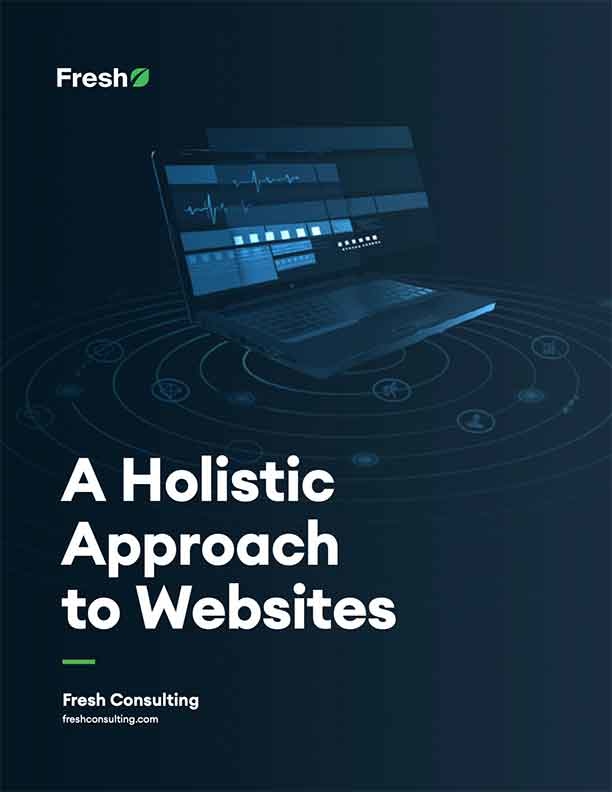Article
UI/UX Principle #3: People Scan Websites (They Don’t Read Them)

Users don’t read websites the way they read other material; they scan to quickly find the information that’s most pertinent to them.
Research shows that “users switch from scanning to actually reading the copy when web content helps [them] focus on sections of interest.” A study by Jacob Nielsen indicated that less than 20% of content is actually read.
Why We Scan
Numerous studies correlate with this finding, but it also makes common sense. Your brain seems to want to efficiently process web pages first via the scan, because they consist of text, color, imagery, and interactivity… before you spend brain energy to actually read.
For example, say you pull up 10 pages from a search result — reading just isn’t efficient when we’re doing a lot of searching and research for relevant results. Scanning can help find relevant information 10x faster than reading every word…and our brains aren’t interested in reading the nearly 100 pages we visit in a day. It would take a day to do so, but we think you can scan all 100 in 20 minutes.
As a result, it’s important to make your website or interface scannable to help users skip to sections or content they want to explore further. For copy, this means taking lengthy text and making it more scannable via bullets, and more organized with more summarized titles (for scanning), or more concise with highlighted keywords or call outs to pull people in.
How It Pays Off
To understand this in terms of ROI on effort, another study on improving the web scannability and readability of text led to a 124% improvement in content capture. Effort in making clear, organized, and compelling headers for text OR making your interface scannable and simpler for today’s audiences is as important as other areas of good UX…but often forgotten.
This also explains the trend of longer scannable web pages with more scrolling, especially when combined with the understanding that lots of clicks to get information are now “expensive” for usability, another topic we’ll explore in a future principle.
Case in point, you probably are not going to read our entire blog, or even read this entire post, but rather scan and dive in where you want to read further.









